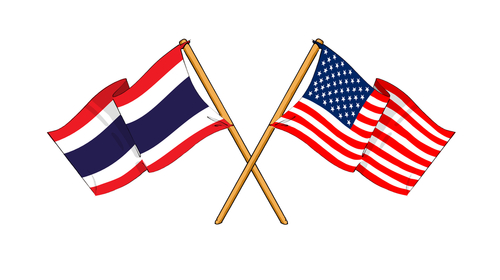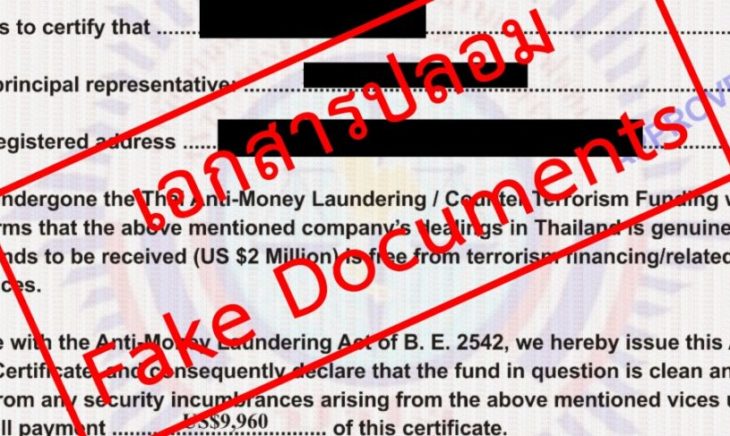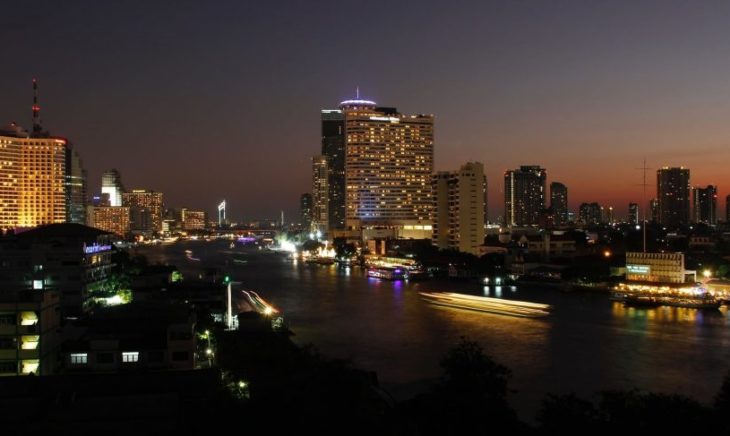Australian citizens and business entities may find an easier path to doing business in Thailand through the Thailand-Australia Free Trade Agreement (TAFTA). While TAFTA has more restrictions than the US-Thai Treaty of Amity, it does allow the establishment of majority Australian-owned companies, under certain conditions.
What is TAFTA?
The Thailand-Australia Free Trade Agreement has been in force since 2005. TAFTA relaxes and, in many cases, eliminates tariffs and quotas between Thailand and Australia. It also provides special privileges to Australian investors in Thailand. For the purposes of this article, we will focus on doing business in Thailand.
How are TAFTA companies different?
Most other majority-foreign owned businesses must comply with the Foreign Business Act (FBA). The FBA limits foreign companies as to what types of businesses they can operate, either prohibiting out right or requiring a Foreign Business License (FBL). Companies applying for an FBL will find themselves under a great deal of scrutiny, with a risk of the Department of Business Development (DBD) denying their application.
However, the DBD will be more likely to approve an Australian company applying for a Foreign Business Certificate (FBC) under TAFTA. The main caveat would be the restrictions depending on the sector (please see following section on criteria).
Can TAFTA companies be 100% Australian owned?
Unlike the Thai-US Amity Treaty, which allows 100% US ownership, TAFTA only allows 100% Australian ownership in two sectors. The others are mainly limited to 60% majority Australian ownership.
A 100% fully Australian-owned company in those sectors are possible, but not under TAFTA. This would require applying for an FBL under greater scrutiny by the DBD as mentioned above.
Sectors covered by TAFTA
As of the publication of this article, businesses can apply for an FBC under TAFTA if they plan to operate in the following sectors:
| Eligible businesses sectors |
Requirements |
Maximum Australian shareholding |
| Mining, on land or underwater (not including operations using individual manual labor) |
|
60 % |
| Construction of public utilities or transportation that requires special equipment, machinery, technology, or expertise |
|
100 % |
| Luxury hotel or resort services, including hotel management |
|
60 % |
| Full restaurant services |
|
60 % |
| General management consulting only for a Regional Operating Headquarters (ROH), ROH’s associated company, or foreign branch |
|
100 % |
| Convention services, not including F&B services |
|
60 % |
| International exhibition center and services |
|
60 % |
| Wholesale and retail services supporting a TAFTA registered company’s manufactured products |
|
100% |
| Post-secondary science and technology educational institute |
|
60 % |
| Theme park or zoo |
|
60 % |
| Aquatic animal park |
|
60 %
|
| Maritime support services (pier and anchorage for tourism-related transport) |
|
60 %
|
Who qualifies to apply for TAFTA?
To be able to apply for an FBC under TAFTA, your company must meet the following criteria:
Nationality
- A juristic person set up as a partnership or a private limited company under Thai law.
- The authorized director(s) are Australian or Thai. If the entity is a partnership, the managing partner must be Thai.
- Shareholding:
- All Australian or Australian and Thai, as the case may be.
- Shareholding percentages comply with TAFTA (see Sectors covered by TAFTA above).
- Australian juristic persons must comprise over 50% Australian shareholding.
Minimum Capital
TAFTA companies must follow capital restrictions under the FBA as well as those specified in the Sectors covered by TAFTA section. Otherwise, the basic minimum capital needed is THB 2 million.
GPS Legal Understands TAFTA
The process for receiving an FBC under TAFTA usually takes around 60 days from start to finish. This is much shorter than applying for an FBL, which can take up to six months or longer. GPS Legal is happy to discuss your options for establishing a business in Thailand, whether through TAFTA or other structures. Contact us today for your free 30-minute initial consultation.












